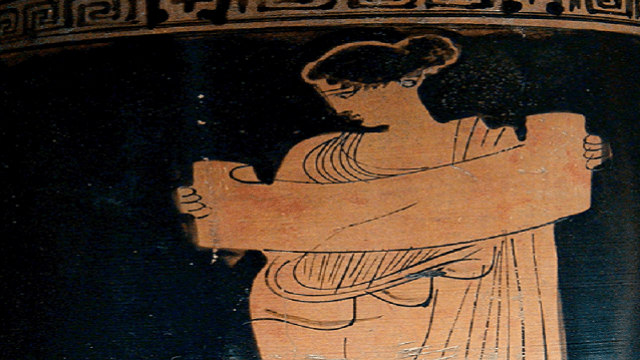
The Muse is part of the furniture of classical poetry. By the time of Virgil, we barely notice she is there, and her importance as a repository of poetic tradition seems scaled back. But what difference does it make that Roman poetry tended to be composed with a 'real' muse in the room, an enslaved literate secretary transcribing dictated verses, reading them back, copying them out, even editing them? Does it matter that an enslaved muse provided real material assistance to the poet even as the poet thanked some remote mythical goddess for her troubles? How do overfamiliar tropes of speech in Latin poetry such as address, invocation and apostrophe take on a different hue when the pattern of call and response was so central to the enslaver-enslaved relationship at the heart of that poetry's very production? When we make space for the enslaved muse, Latin literature starts to look very different.
Location
Speakers
- Dr Tom Geue (ANU)
Event Series
Contact
- Estelle Strazdins